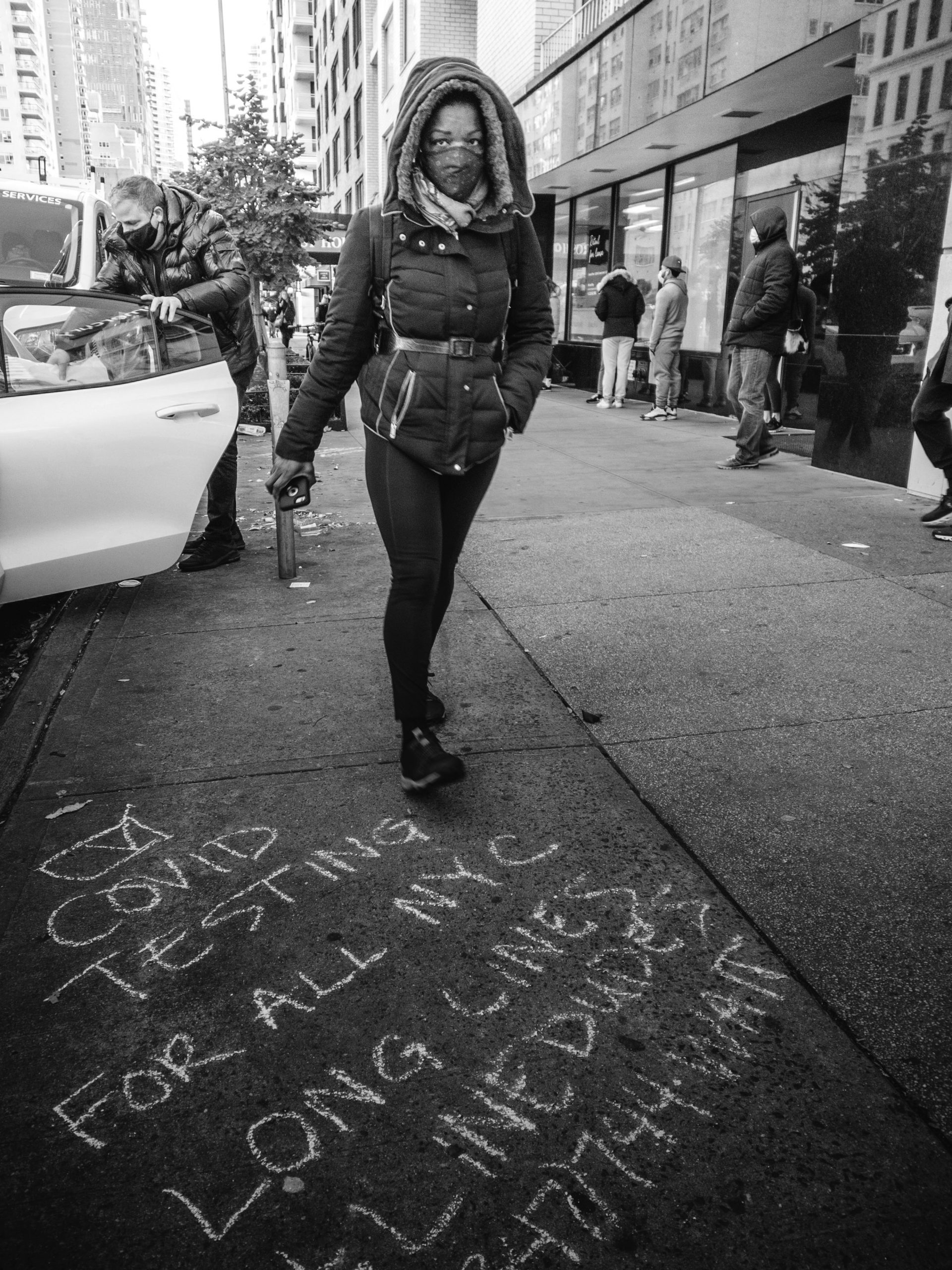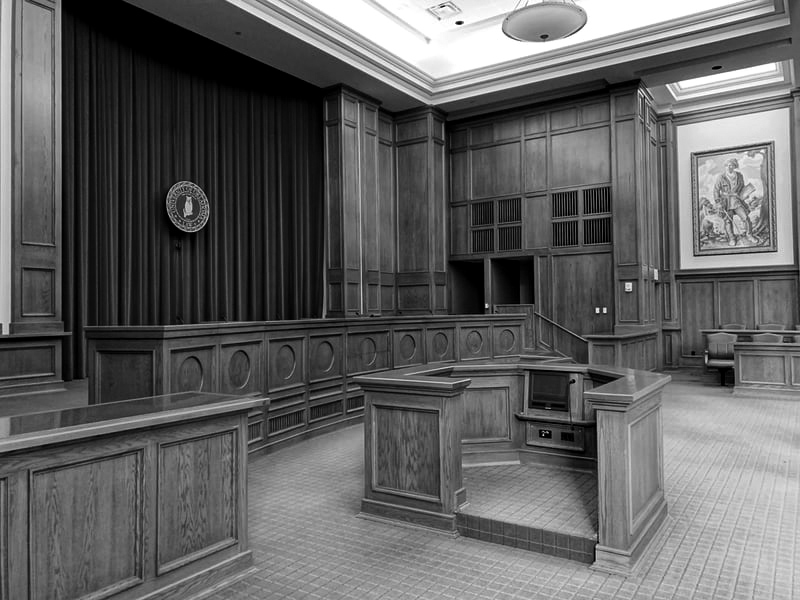In recent years, private misbehavior of corporate executives like Harvey Weinstein, Steve Wynn, Leslie Moonves, and Elon Musk has outraged many people around the world. Such misconduct – when made public – has frequently damaged the executives’ public reputations, diminished the value of their companies’ stock, and raised some serious legal and policy issues. Part of the challenge in dealing with misbehaving business executives is that the two bodies of law and regulation that govern much of American business – state corporate law and federal securities law – were largely designed to address the professional duties of executives and not their personal lives. Temple Law Professor Tom Lin proposes an original and workable roadmap for conceptualizing, navigating, and addressing executive private misconduct.








